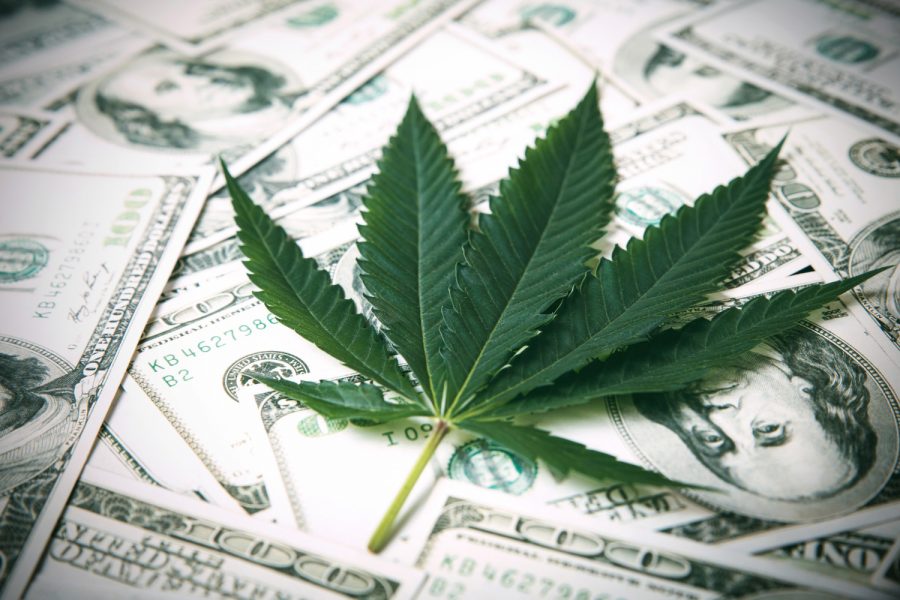Opinion | Criminalizing marijuana hurts Iowa
Taxing recreational marijuana will improve the state at all levels.
April 18, 2023
Legalizing recreational marijuana would have long-term benefits for public schools.
Nationwide, the total combined tax revenue for medical and recreational marijuana reached $3.7 billion in 2021, according to the Marijuana Policy Project.
This year, Minnesota became Iowa’s third neighboring state to legalize recreational marijuana, alongside Illinois and Missouri. It’s time Iowa moves past its dated notions of marijuana and instead reap the benefits of marijuana legalization.
Both recreational and medical marijuana use is not legal under federal law. This leaves marijuana legalization in the hands of state legislatures. As of 2023, 21 states legalized the use of recreational marijuana.
The use of recreational marijuana is illegal in Iowa, but the state does sponsor the Medical Cannabidiol Program for those with certain medical conditions.
Like most things, this comes at a cost. Marijuana is heavily taxed in legalized states. On top of the state sales tax, marijuana receives an additional 10-15 percent tax rate in most legal states.
States make a substantial profit from this tax. Nevada — which has a similar population to Iowa — legalized recreational marijuana in 2016. In fiscal 2022, the state generated almost $1 billion in tax revenue from marijuana sales, according to the Cannabis Compliance Board for the state of Nevada.
Most of the state’s profit from marijuana sales goes back into the communities. In Colorado — the first state to legalize recreational marijuana in 2014 — recreational marijuana has a 15 percent sales tax and a 15 percent excise tax.
The 15 percent excise tax goes to the Colorado Building Excellent Schools Today fund. The BEST fund goes to repairing and replacing deteriorating schools in the state.
Iowa public schools could better serve their students and community with these tax dollars. Speaking from personal experience, my elementary school did not have air conditioning, an auditorium, or even enough classrooms.
Tax revenue from recreational marijuana does not just go to school infrastructure in states like Colorado, Oregon, and Nevada. Revenue also sponsors education and outreach programs. In most states, this is directed at districts with high percentages of at-risk and low-income students.
In recent years, Iowa’s education rating has fallen. The state used to be rated top in the nation for public schools. U.S. News and World reports rank Iowa at No. 24 for pre-K education in the country. On top of this, the state is struggling to recruit and retain educators.
Iowa shouldn’t fall behind as other states move forward with recreational marijuana legalization.
Of course, legalizing recreational marijuana will not magically solve all the issues in Iowa’s public education system. But it would improve some of the state’s ancient school buildings and aid worthy students a better educational experience.
This legislation would incentivize a new generation of farmers in Iowa to grow their own net worth and boost local economies. Legalizing marijuana would also waive marijuana possession convictions from thousands of Iowans’ records.
Unless the state wants to reallocate millions of dollars into public education and community programs, there is no reason good enough to not legalize marijuana. After all, it’s far safer than alcohol and guns — both of which are very legal and accessible in the state.
Lawmakers need to get past their dated views on recreational marijuana. If not for us, do it for the children.
Columns reflect the opinions of the authors and are not necessarily those of the Editorial Board, The Daily Iowan, or other organizations in which the author may be involved.



